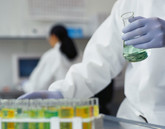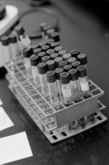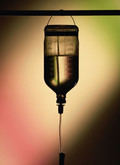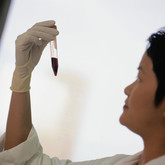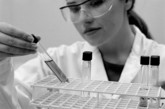Biosimilars/Research
|
Posted 10/11/2011
It is well known that the introduction of similar biological medicinal products, or biosimilars, has caused not a little controversy in the medical world. The aim of healthcare providers/payers, either healthcare authorities or insurance companies, is to reduce the healthcare budget has risen in recent years through the introduction of expensive companion diagnostics, devices, and drugs. At the present moment this can only be achieved in two general ways: either the availability of therapies must be restricted from the patients who would benefit from them, or otherwise the costs of the procedures and drugs must be reduced to within affordable limits so that the majority of patients can benefit from them.








